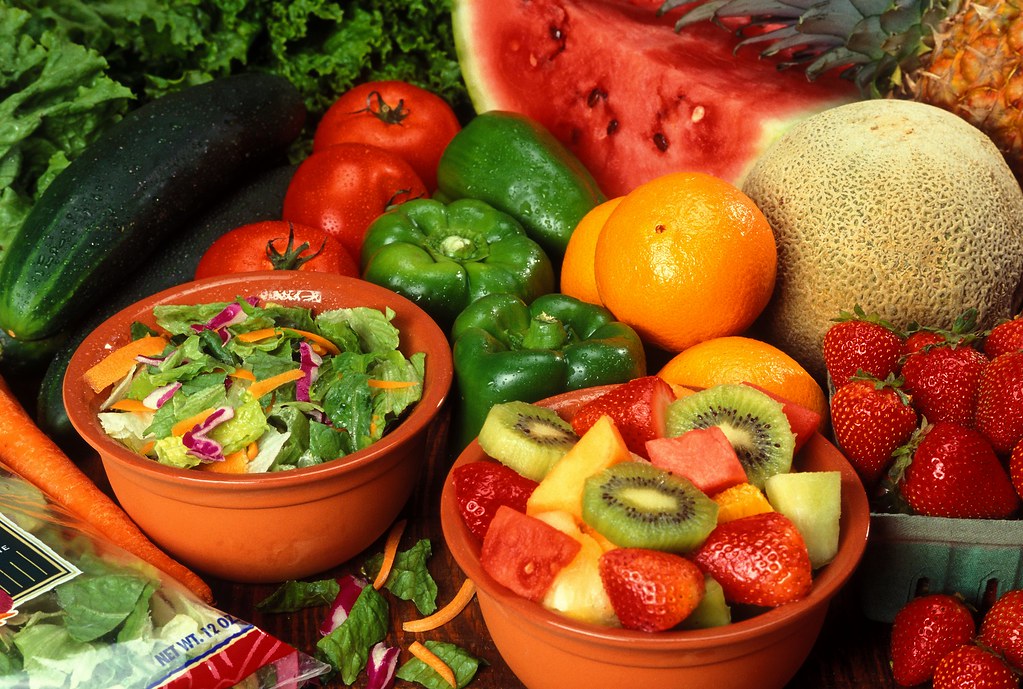Diet for pregnant women
Women's diet during pregnancy is one of the determinants of fetal development, breast feeding during breastfeeding, and growth of the baby after birth.

Pregnant women need to eat more than usual and choose foods to get enough nutrients.
Increases energy
Women in pregnancy, the need for energy is increasing, especially in the last trimester. If women of childbearing age generally need 2200Kcal / day, women in the last 3 months should add 350Kcal (ie 2550Kcal / day), equivalent to 1 more bowl of rice every day.
Protein and fat supplement
Pregnant women need food to supplement their protein and fat to help build and develop their bodies. Protein is also needed for the blood-forming process, the development of organs in the mother, and the need for fetal and placental development. Protein needs to increase 15g / day compared to normal. Fat should account for 20% of total energy (about 40g).
In addition to animal protein such as milk, eggs (including duck eggs), seafood, shrimp, crabs, fish, snails ... attention to protein from cheap plant sources, high protein , have more fat like soybean, green beans, sesame, peanuts ...
Addition of minerals
- Iron:
Iron deficiency leading to maternal anemia affects maternal weight gain during pregnancy as well as newborn weight increases the risk of obstetric complications.
Iron is abundant in meat, fish, eggs, molluscs such as clam, oysters, snails, mussels, cereals, beans ... Assorted pregnant women should add 60mg iron element / day throughout the period Pregnancy after one month.
- Calcium
Calories accumulated during pregnancy total nearly 30 g all, as well as corresponding to the creation of fetal bones in the last 3 months of pregnancy. Recommended intake of calcium is 800-1000mg per day during pregnancy and lactation.
Calcium is abundant in shrimp, crabs, fish, milk and dairy products. In order to gain more calcium in the diet, pregnant mothers should drink more calcium-rich milk and dairy products such as yogurt, cheese, or calcium supplemented with vitamin D.
- Zinc
Zinc deficiency causes infertility, miscarriage, premature birth or miscarriage, fetal death near birth and abnormal birth. The need of pregnant mother is 15mg / day. The best sources of zinc are meat, fish and seafood. Plant foods also contain zinc but are low in content and low in absorption.
- iodine
Iodine deficiency in pregnant women can cause spontaneous abortion, stillbirth, and premature birth. With severe iodine deficiency, infants may develop dementia with permanent brain damage. Infants may have congenital defects such as paralysis of the hands or feet, slurred speech, deafness, dumb, eyes.
The iodine requirement of pregnant women is 175-200mcg iodine per day. Foods rich in iodine are sea foods such as sea fish, seaweed, seaweed ... In addition, pregnant women should use salt, iodine enhanced powder.

Supplements of vitamins
- Folic acid
Folic acid deficiency in the mother can lead to low birth weight. Folic acid plays a protective role against neural tube defects in conception. Therefore, the need for folic acid in pregnant mothers is 300-400mcg / day. Folic acid sources include vegetables, fruit, whole grains, foods with folic acid or folic acid multivitamins.
- Vitamin A
Has a special role in visual activity, enhances immunity in the body. Vitamin A deficiency leads to an increase in morbidity and mortality, which can lead to dry eyes, which can lead to permanent blindness if left untreated.
For women with good nutritional status, vitamin A supplements should not be taken during pregnancy if the recommended daily intake of vitamin A is 600mcg / day. Milk, liver, eggs ... are sources of vitamin A animals, easily absorbed and stored in the body. All green vegetables, especially spinach, spinach and yellow and red fruits such as carrots, mangoes, pumpkin are high in carotenes, also known as vitamin A , the body will turn into vitamin A.
- Vitamin D
Helps to absorb minerals such as calcium, phosphorus. If your body is deficient in vitamin D, the amount of calcium absorbed is only about 20%, which is likely to cause the same result as a child with rickets in the womb or normal births, but the longer will last.
Pregnant women should have as much outdoor time as possible. Get a vitamin D supplement daily, using foods rich in vitamin D such as cheese, fish, eggs, milk, or foods fortified with vitamin D. In addition, the mother can prevent stunting for the baby by Vitamin D at 7 months of pregnancy.
- Vitamin B 1
It is essential for the metabolism of glutamic acid. Grains need to store vitamin B1 for germination so that grains and legumes are good sources of vitamin B1. Eating rice is not too white, no point, mold, especially eating more beans is the best way.
Comments
Post a Comment